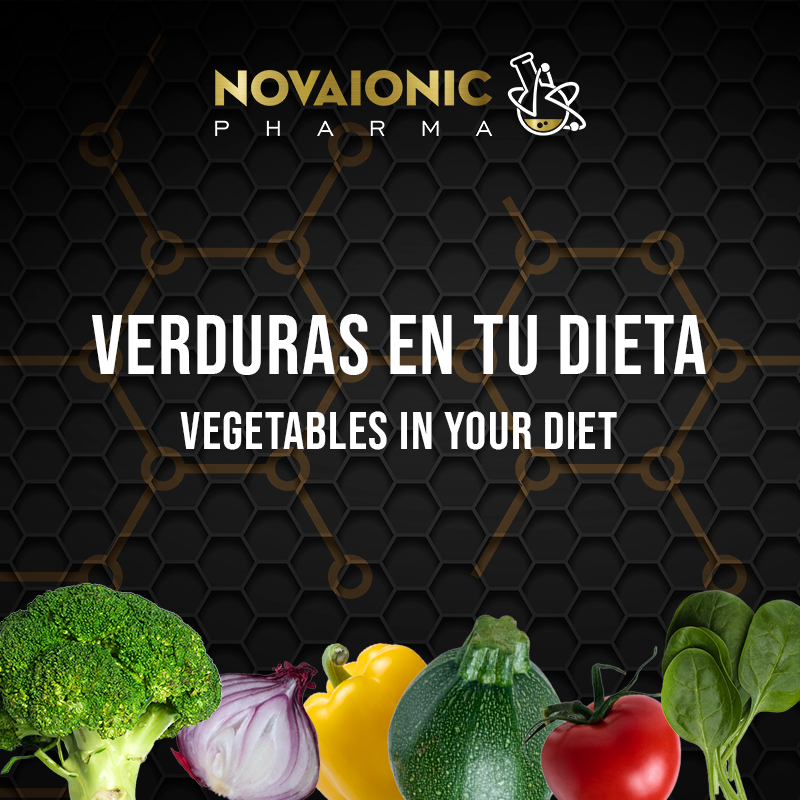
They are foods that are not a source of energy and do not build and preserve tissues. But they have a great nutritional value for their contribution of vitamins, minerals and fiber, for this reason it is advisable that, together with fruits, at least 5 servings of them are consumed every day.
Their main contribution is vitamins and minerals, and fiber. They have hardly any proteins or lipids, but they do contain a certain amount of carbohydrates.
Vitamins. They are the main source of vitamin A and C. Vitamin A is linked to the yellow or red color, and vitamin C to the green color of the leaves.
Thus, the vegetables richest in vitamin A are tomatoes, turnip greens, carrots, red peppers, spinach, lettuce and chard.
The vegetables richest in vitamin C are peppers, Brussels sprouts, broccoli, parsley, spinach, cauliflower, chard, zucchini, cabbage, lettuce and tomatoes. This vitamin is destroyed by heat and oxidation, so it is important to consume fresh raw or lightly cooked vegetables.
Vitamin B9 or folic acid is found mainly in the leaves of vegetables.
Vitamins E and K are found in peas, spinach, lettuce, carrots, tomatoes and cabbage, and lemon juice or vinegar added to vegetables protects their vitamins. However, bicarbonate favors the destruction of vitamins.
Minerals. Vegetables are rich in potassium, followed by calcium, sodium and magnesium. Most contain a lot of potassium, and little sodium (except celery).
Some, such as tomatoes, spinach and chard, are rich in iron. But unlike meats, this iron is in a form that is difficult for the body to absorb. Others, such as lettuce, spinach and chard, contain calcium.
Vegetables contain to a greater or lesser extent an organic acid called oxalic acid, which in large doses is not healthy because it hinders the absorption of calcium and iron.
Fiber. Vegetables are rich in fiber, which makes them excellent regulators of intestinal transit and prevent constipation, as well as preventing colon cancer. Cooking improves the digestibility of vegetables because it makes the fibers more tender.
Water. 90-96% of vegetables is water, so the calories they provide are very few.
Nutritional recommendations
These are foods that are not a source of energy (such as fats) and do not help to build and preserve tissues (such as meat, fish, milk or eggs). Their main value is the contribution of vitamins and minerals and fiber.
Vegetables should be consumed daily and take advantage of the great variety of vegetables offered by nature and available throughout the year. The best way to take advantage of all their vitamins and minerals is to eat them raw. If we cook them we will do well to take advantage of the water for soup because in it many of the minerals of the vegetables remain. It is advisable to eat at least 5 servings of fruit every day.
Autor: ADMINISTRADOR
September 20, 2023